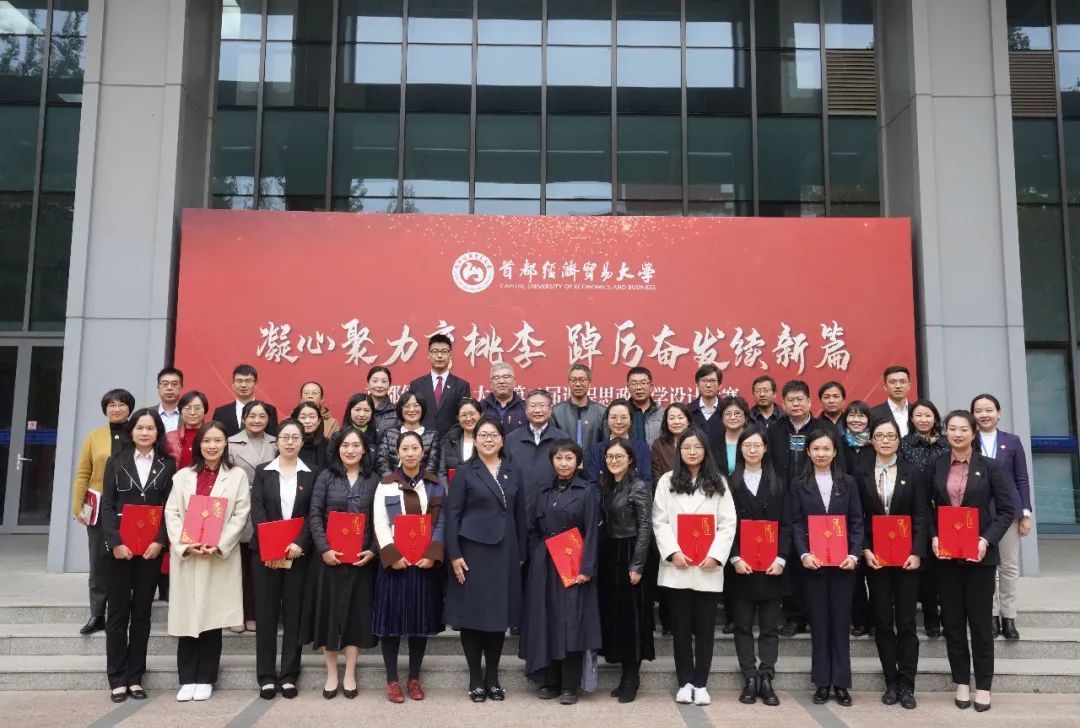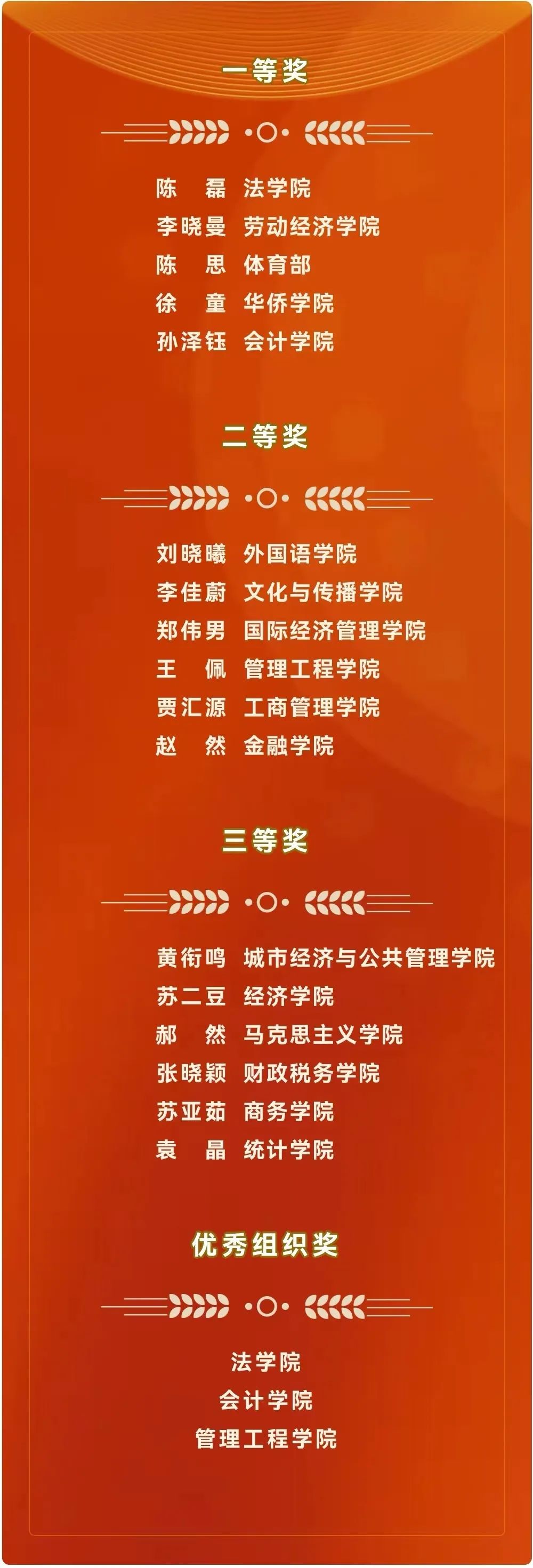CUEB Holds 2nd Curriculum-based Ideological and Political Teaching Competition
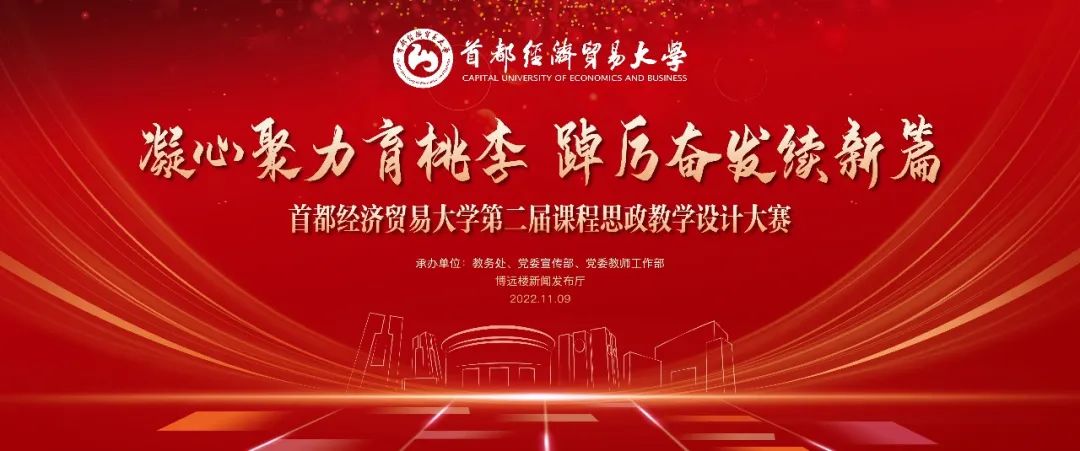
The “996 work schedule” derives its name from its requirement that employees work from 9:00 am to 9:00 pm for 6 days a week. As a result, many workers are sent straight to the hospital intensive care unit (ICU). In response to this social phenomenon, China ruled that the inhumane work schedule is illegal in the first half of this year. Many companies canceled “996” mechanism and then find that the work efficiency is improved rather than being reduced, which could be explained by the biological rhythm of humanity. This is also an important manifestation of the country's adherence to the “people-oriented” principle. Such is the teaching demonstration by Wang Pei from the School of Management Engineering, which strikes a chord in the audience.
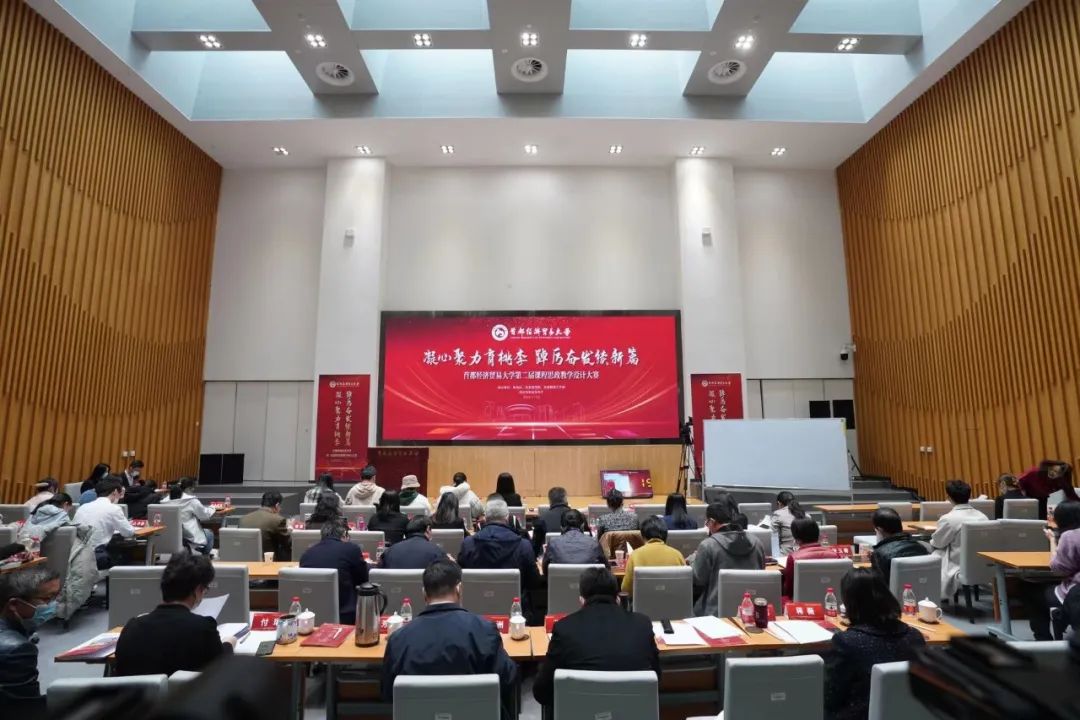
On November 9, CUEB held the 2nd Curriculum-based Ideological and Political Teaching Competition in the Press Room of Boyuan Building. Han Xianzhou, Secretary of the Party Committee, attended and delivered a speech. The competition was co-hosted by the Academic Affairs Office, the Party Committee Publicity Department and the Teachers Affairs Department of the School Party Committee. It gathered relevant persons from various teaching units, leaders in charge of functional departments and representatives of teachers and students offline, and hundreds of teachers online. Chu Fulei, the Assistant of the Director of the Academic Affairs Office, presided over the competition.
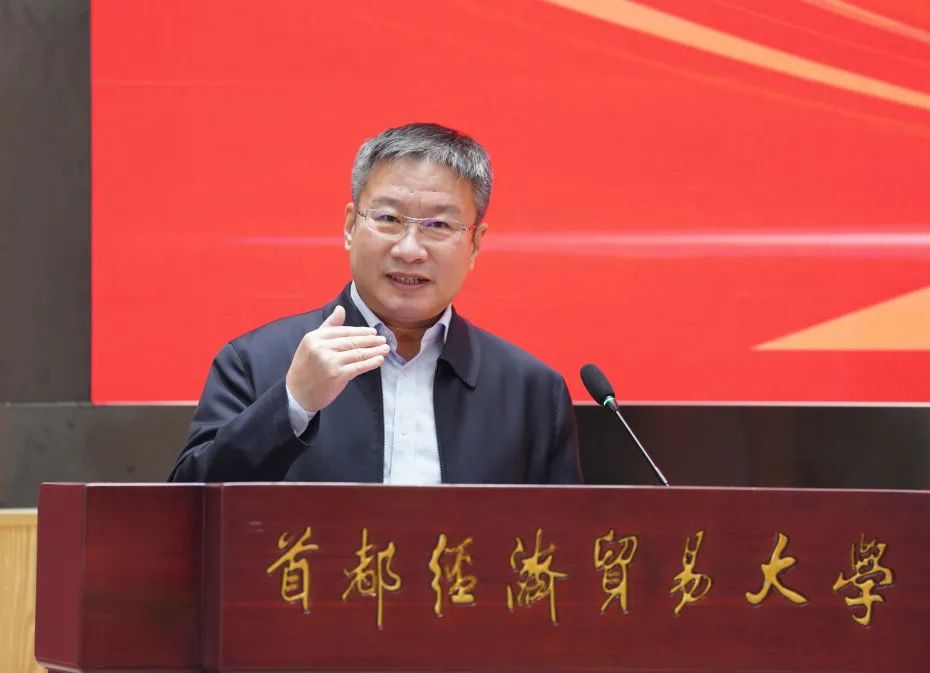
Han Xianzhou fully affirmed the excellent performances of all competitors and summarized the gratifying changes from three aspects. The first notable change lies in faculty members, who have a notably stronger sense of confidence and a good command of the three essential skills to conduct ideological and political education, that is, to dig out relevant elements in curriculum-based ideological and political construction, integrate ideological and political education into teaching, as well as the internalization of the concept of one must first educate oneself as an educator. The second encouraging change is brought by the efforts of each school to implement the fundamental task of fostering virtue through education. Schools in CUEB are quite active in organizing and conducting seminars on major-based ideological and political construction and strive to make it an essential part of daily work. The third encouraging change is embodied in the atmosphere where education is flourishing in CUEB. Actions have been made to enable us to see significant improvement in the capability of curriculum-based ideological and political construction and personnel cultivation in the new era. Han Xianzhou noted that all these encouraging changes have been the fruits of efforts to promote the curriculum-based ideological and political construction and implement the fundamental task of fostering virtue through education. Moreover, he also offered several suggestions when it comes to the further construction process. First, there is a need to deepen the curriculum ideological and political construction within the framework of majors while staying focused on the priority: to fully improve the capability of personnel cultivation. It is also important for us to follow the nature of personnel cultivation and bear in mind that the process should be major-specific, in a bid to truly integrate curriculum ideological and political construction into classroom teachings and implement it in a way that students are willing to accept and embrace. Second, we should continue to deepen the curriculum-based ideological and political construction. There is no end to our pursuit of this initiative. That also means we are expected to take a reasonable approach to figure out what should be involved in ideological and political education in line with both different characteristics of professional personnel cultivation and requirements of professional capability and quality. Third, we also need to further study the guiding principles of the Party’s 20th National Congress while implementing the important observations delivered by President Xi Jinping on education. We must bear in mind that education is a fundamental task for the country and the Party. Furthermore, the faculty members in CUEB should, in accordance with their respective positions and duties, continuously develop a stronger sense of confidence and pride toward higher education. That is how we can successfully implement the fundamental task of fostering virtue through education.
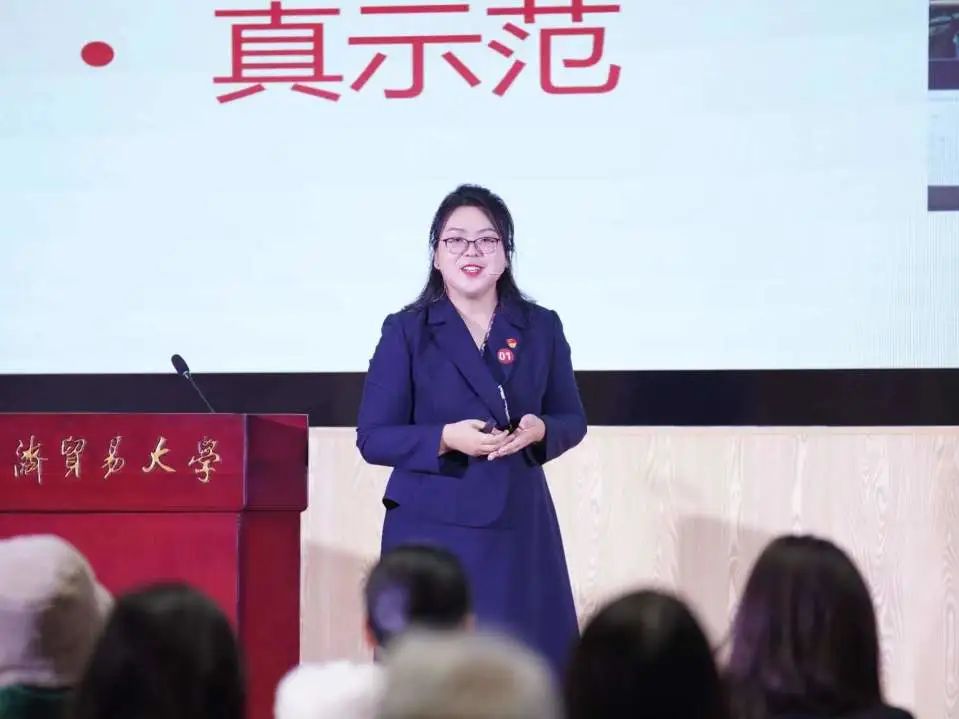
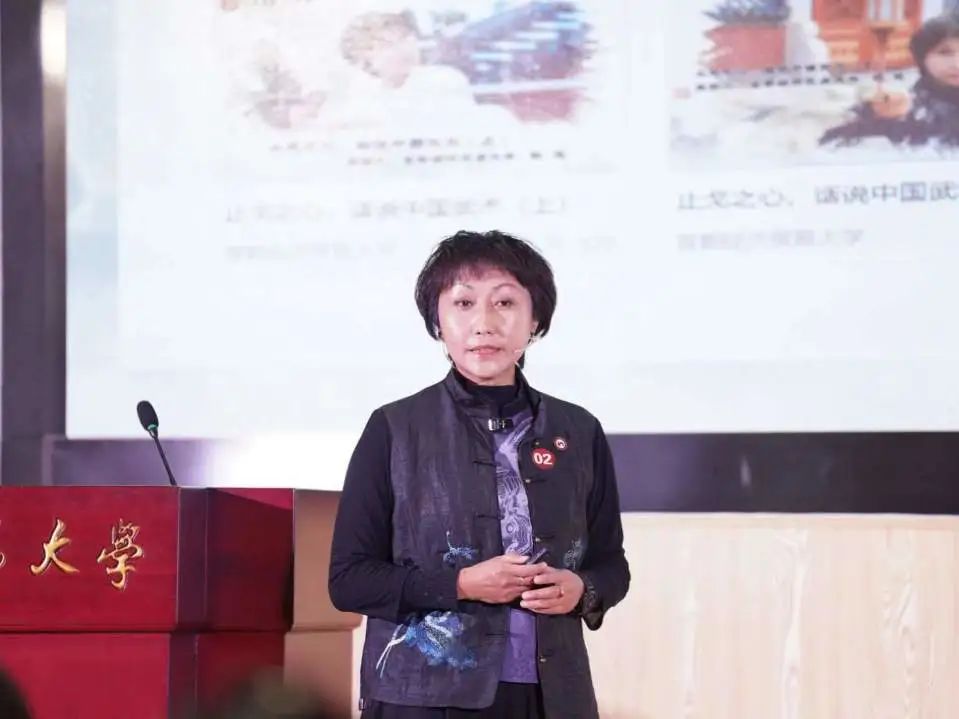
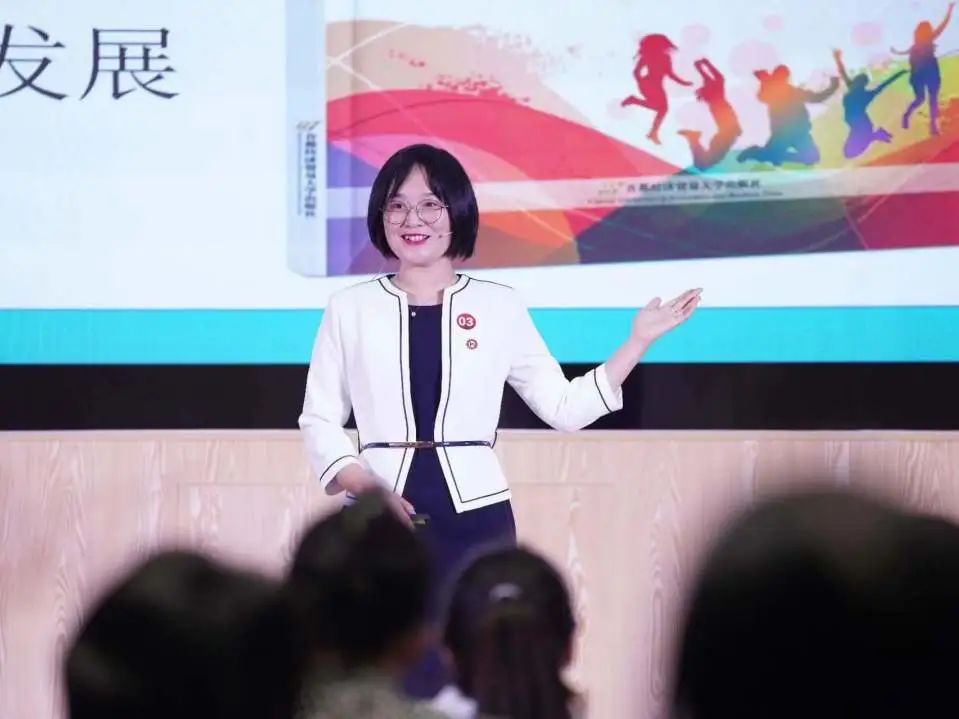
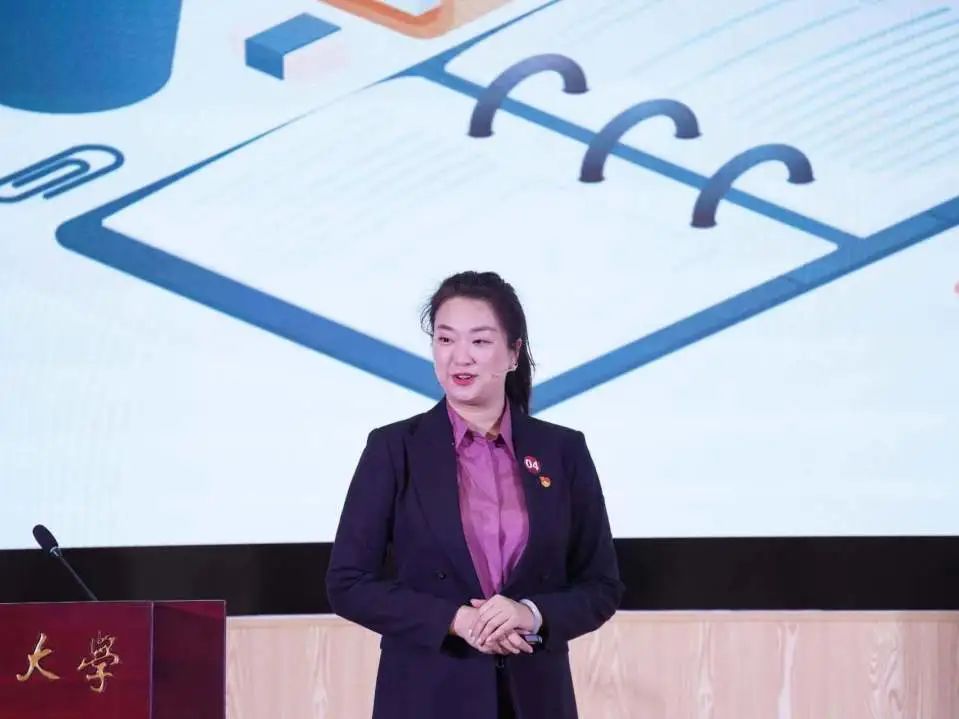
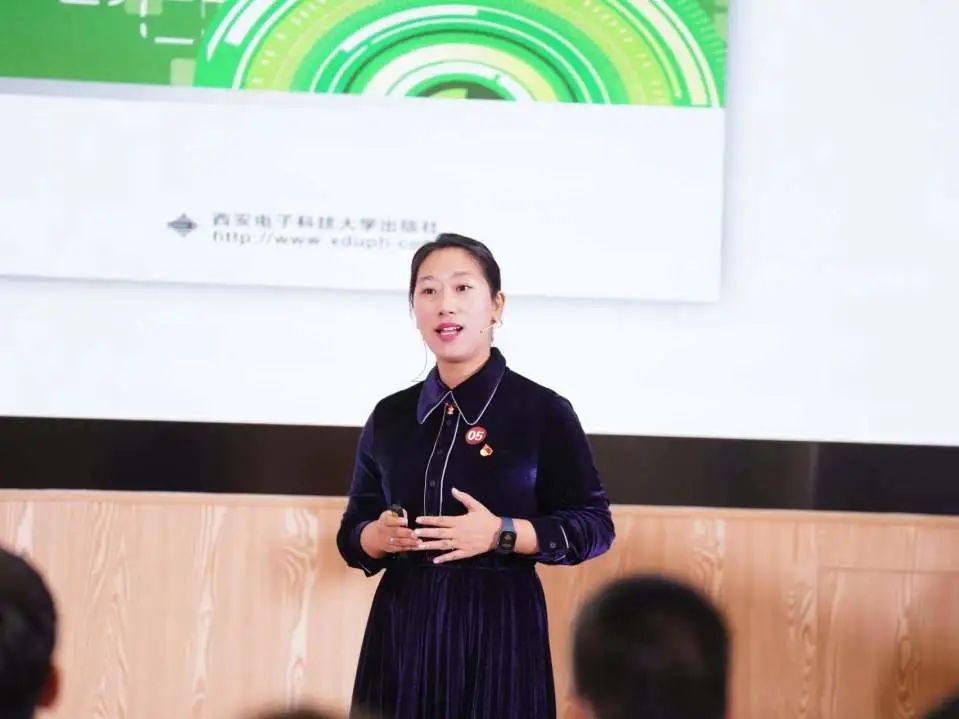
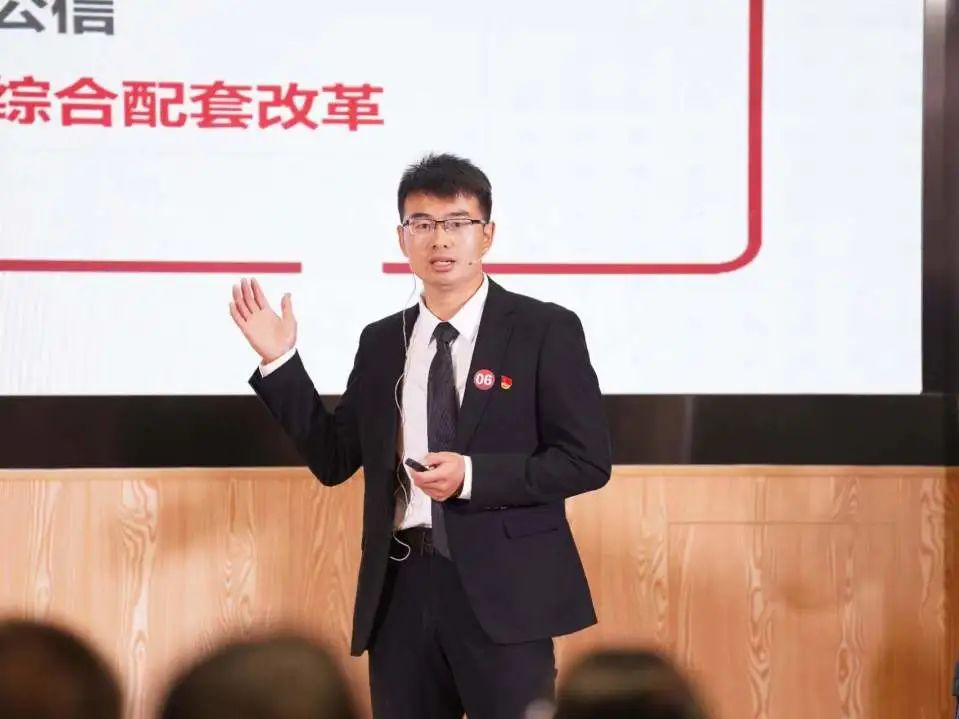
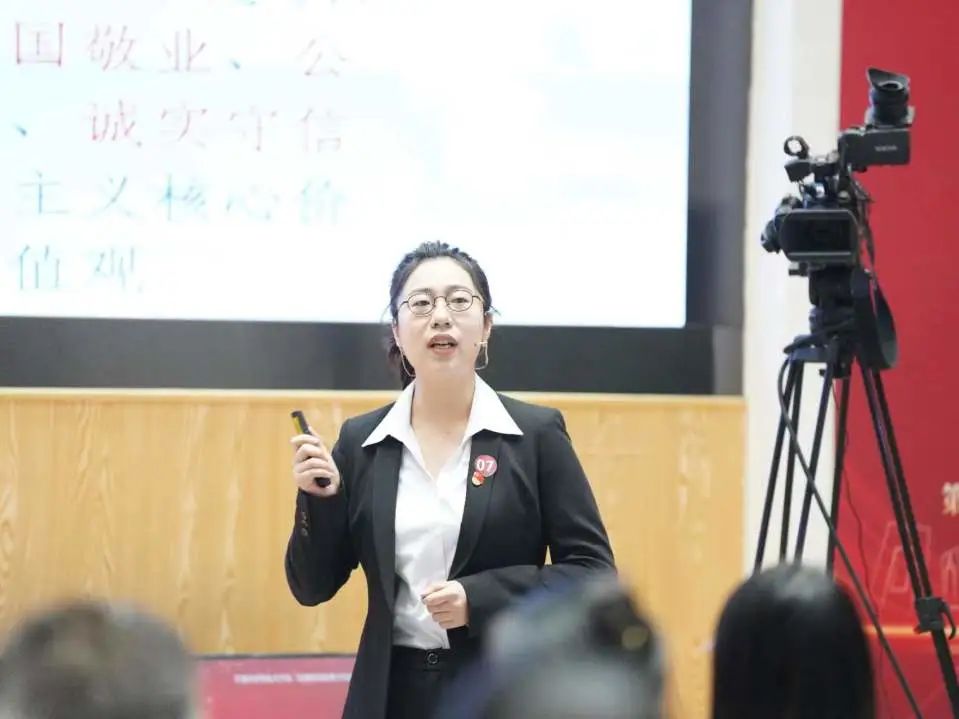
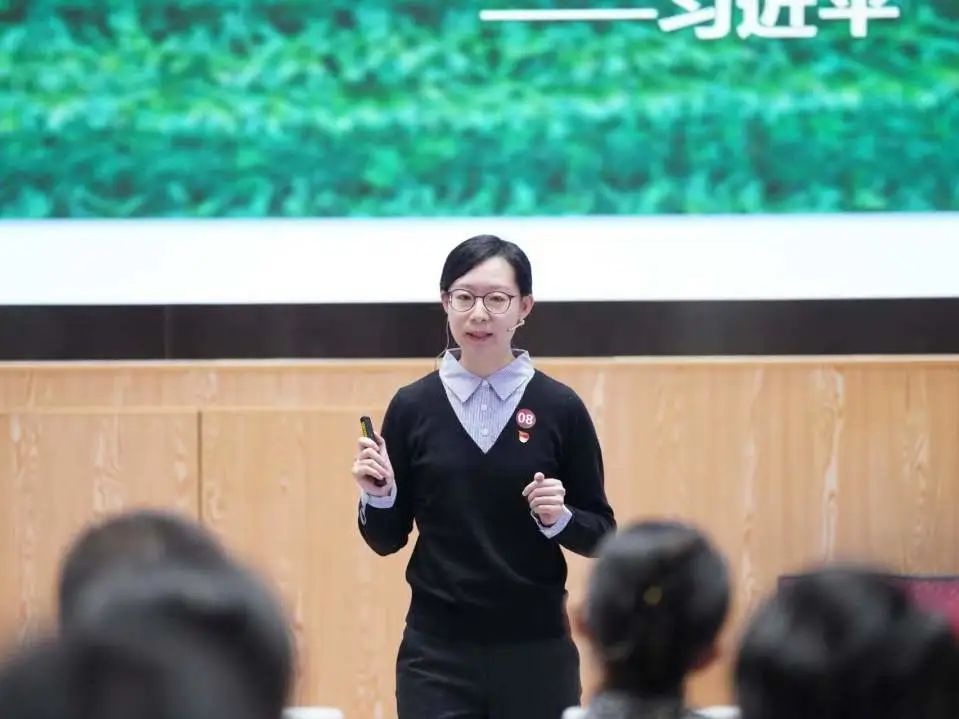
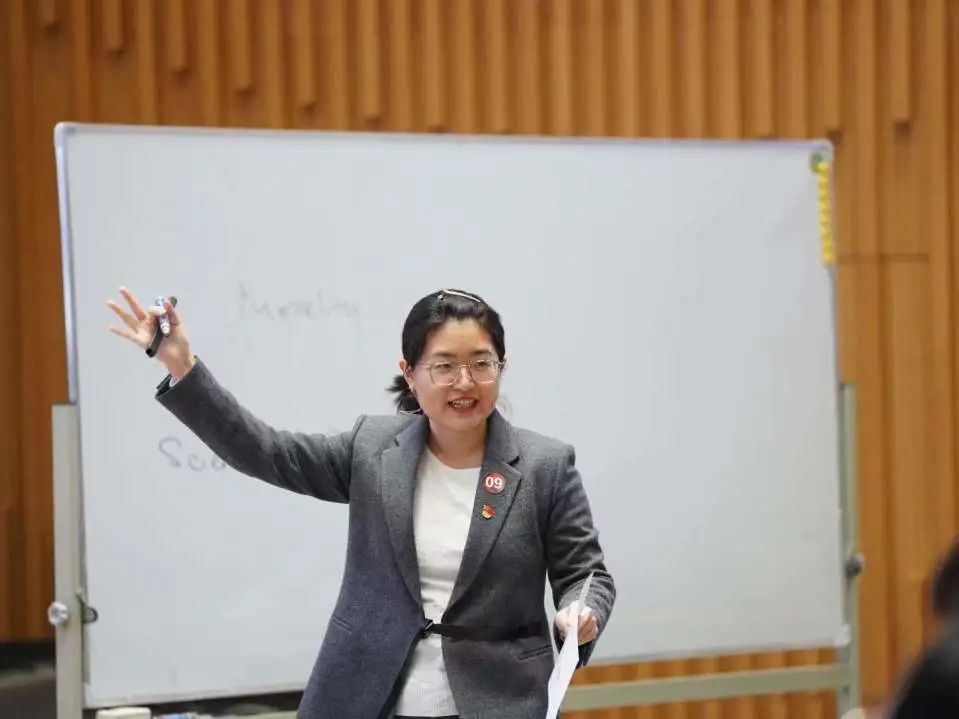
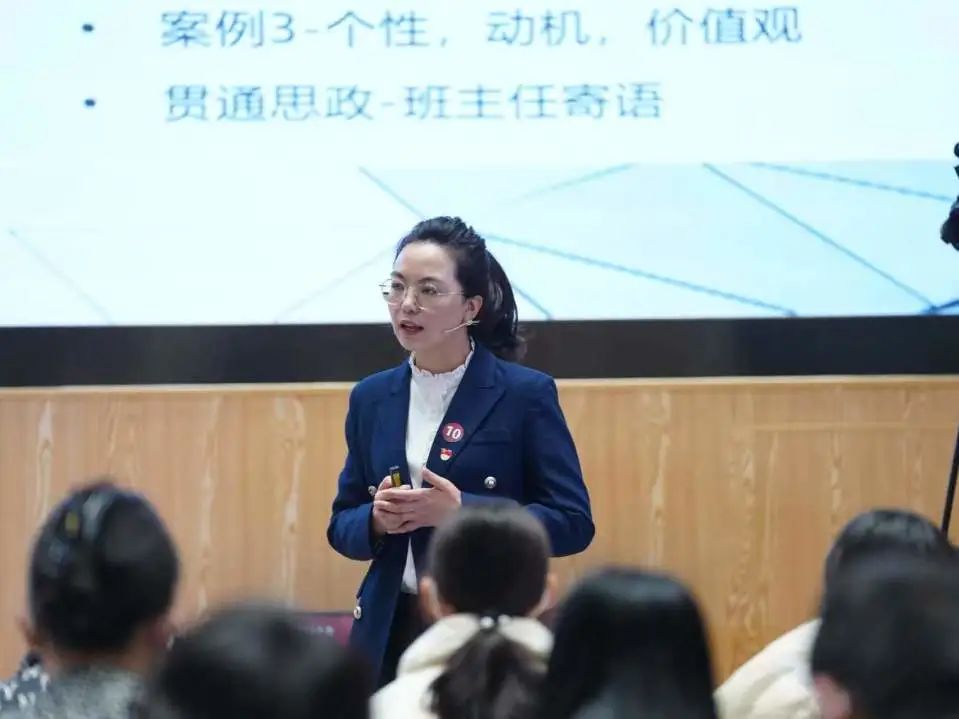
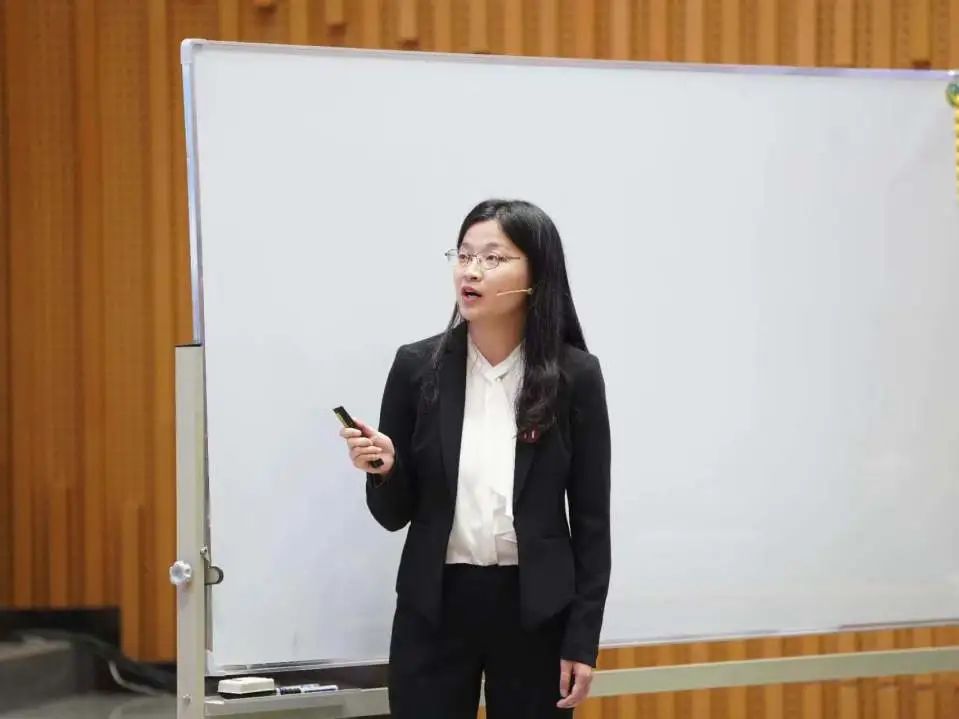
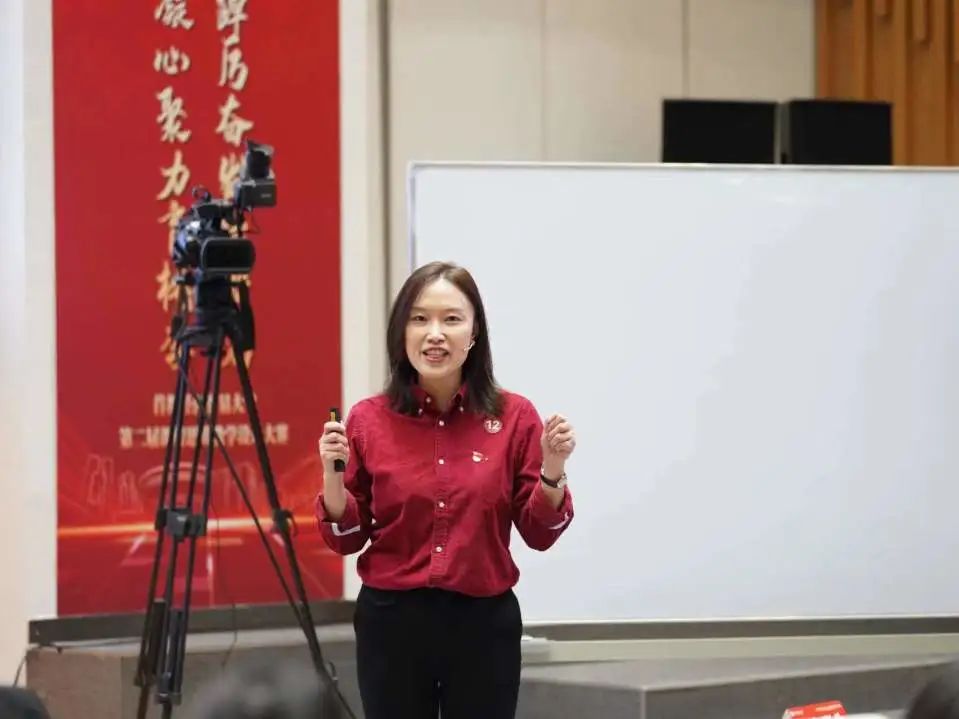
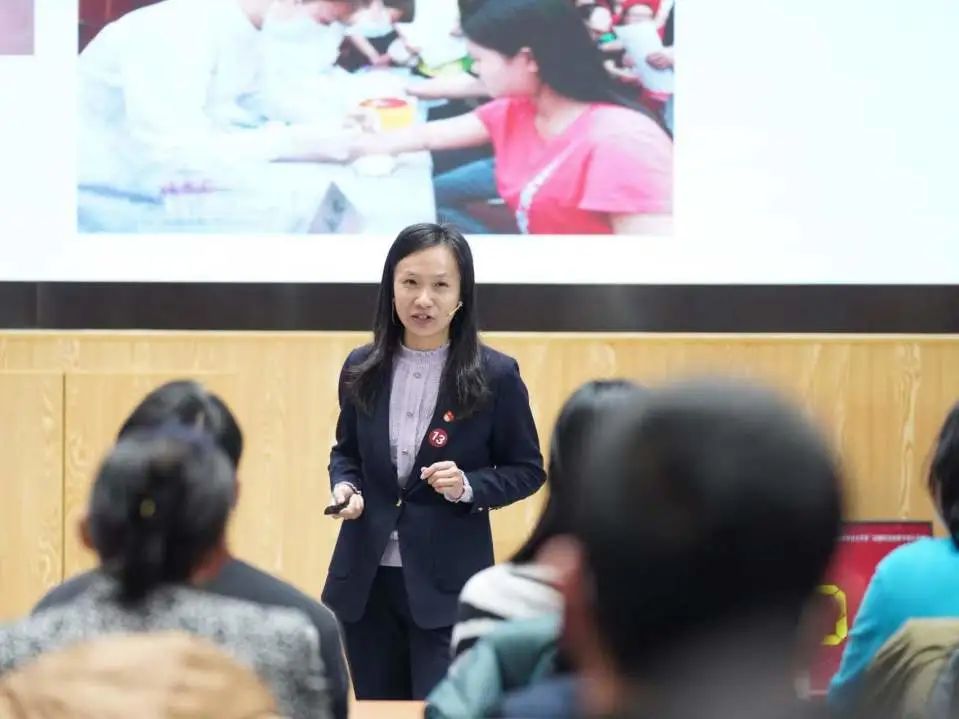
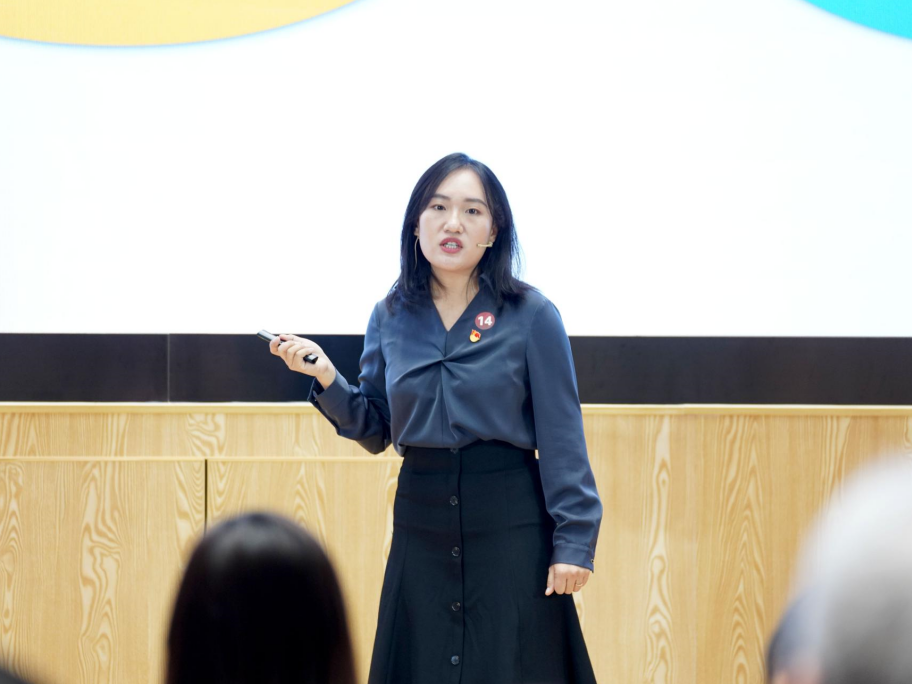
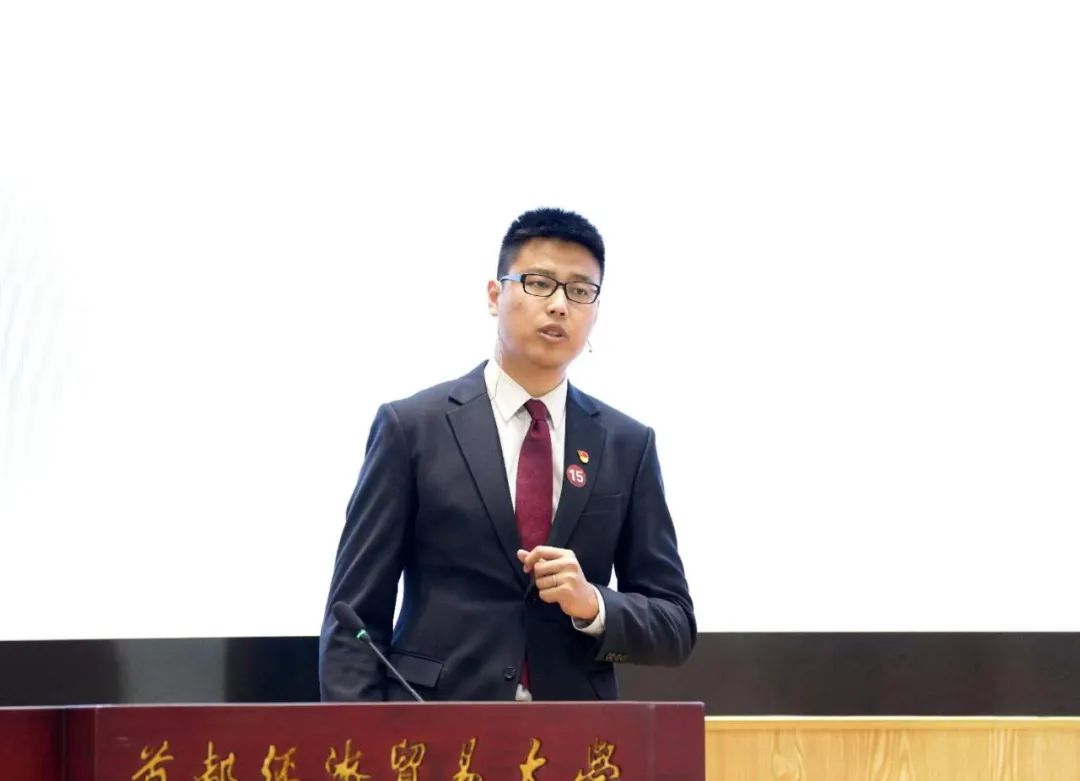
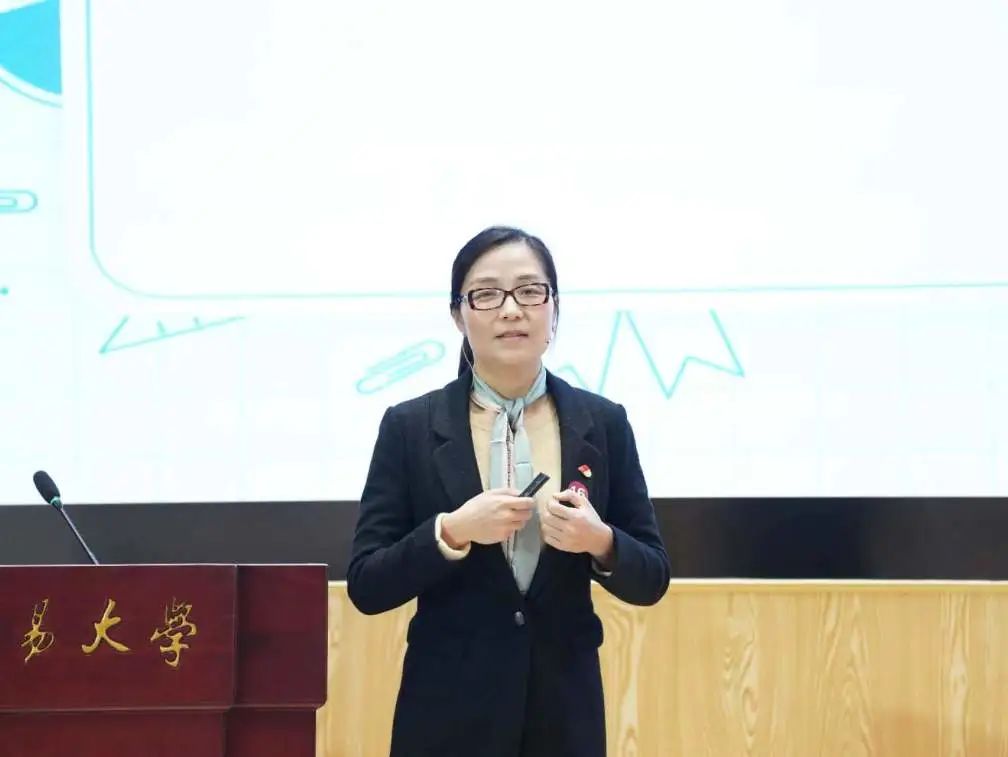
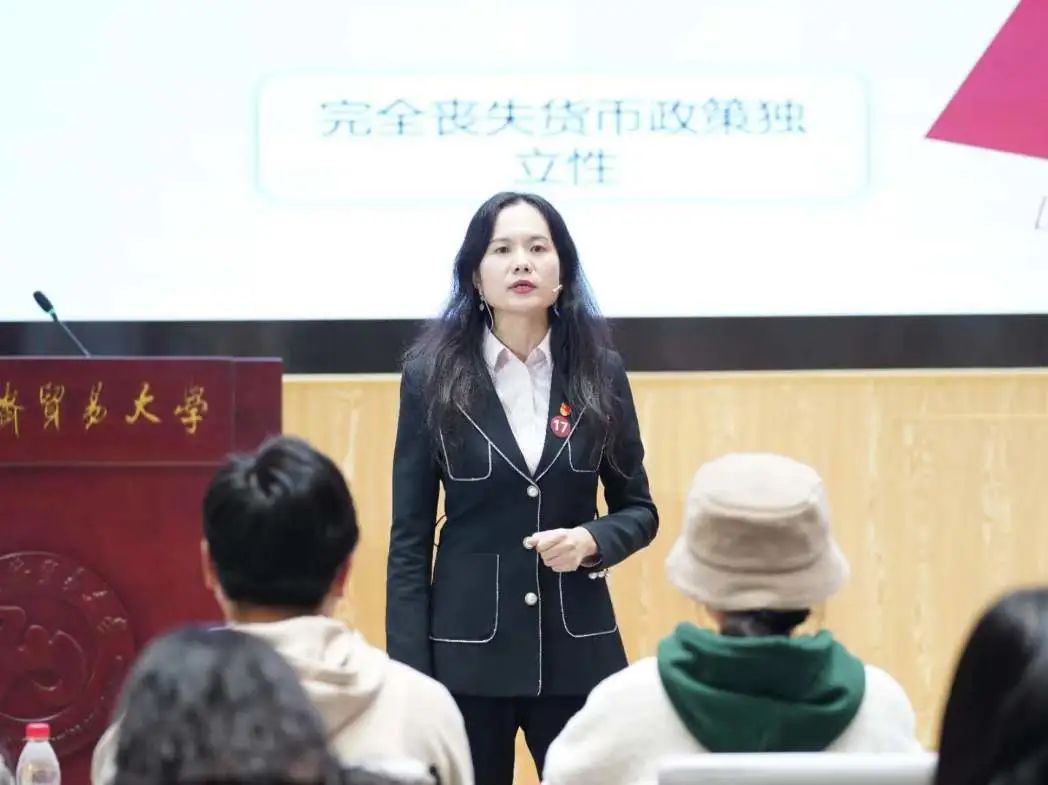
It is informed that since this mid-July, each school in CUEB, in line with relevant requirements, has emerged as active players in organization and selection of this competition. Nearly 200 teachers from 17 schools were included into the preliminary selection. In the end, after demanding selections and recommendations, 17 teachers made their way into the final.
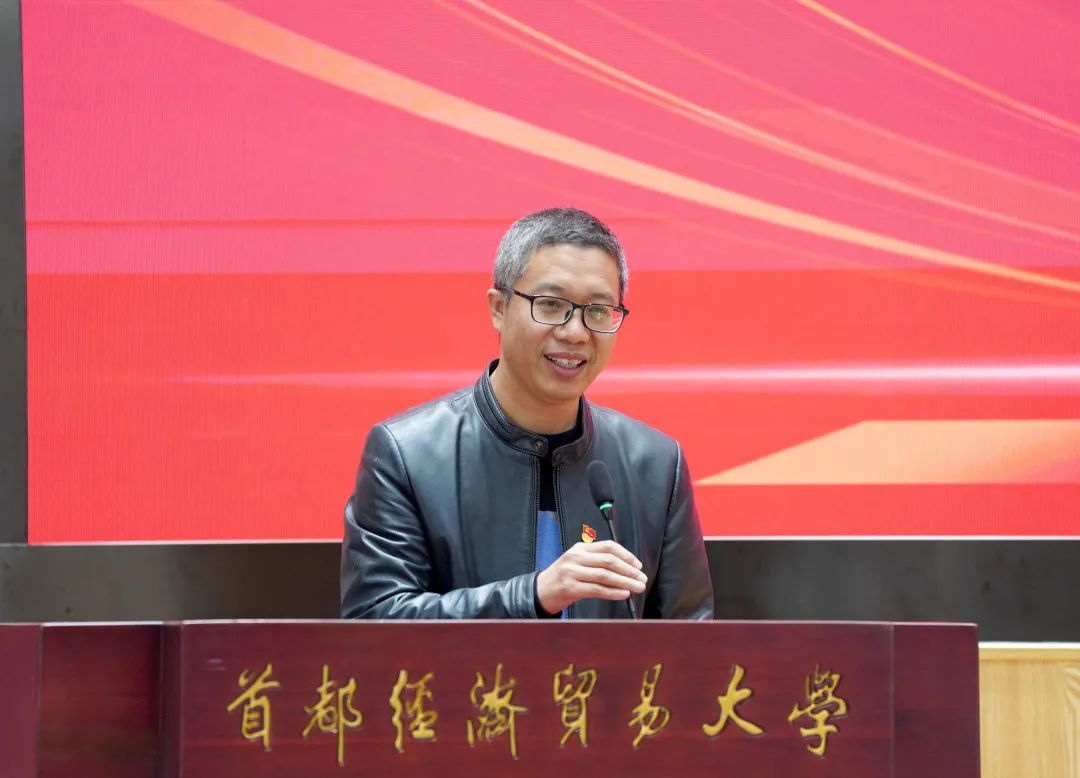
Liu Qiang, director of the Academic Affairs Office, announces the list of awards.
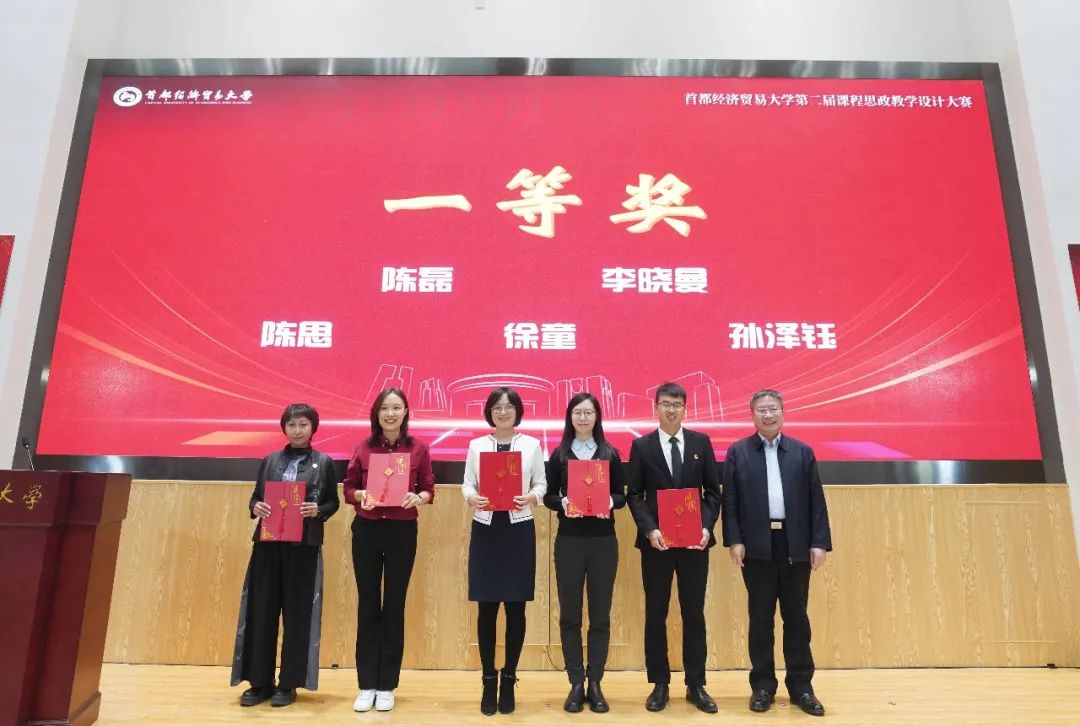
Chen Lei, one of the competitors from the School of Law, together with other 4 teachers, pockets the first prize. CUEB Party Secretary Han Xianzhou presents awards to these winners.
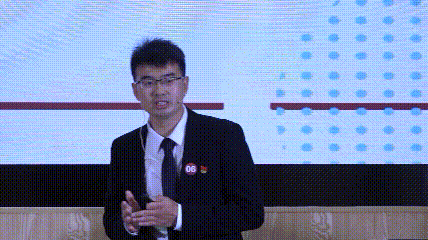
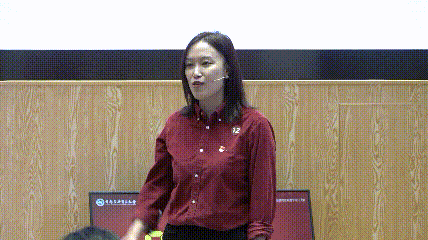
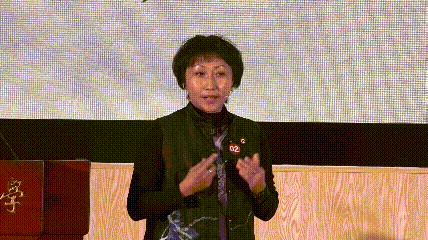
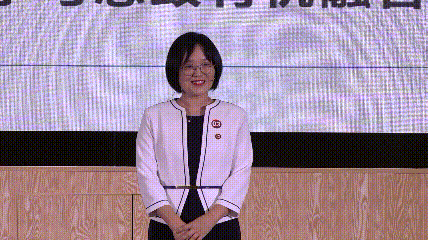
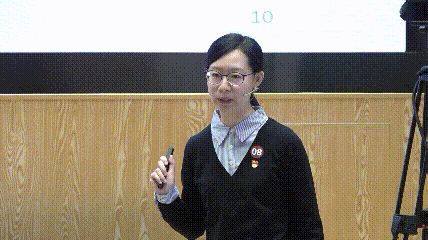
Liu Xiaoxi, one of the competitors from the School of Foreign Studies, together with other 5 teachers, takes the second prize. Fu Lin, Administrative Vice Minister of the Department of Publicity in the school’s Party Committee presents the awards. Huang Xianming from the School of Urban Economics and Public Administration, and other 5 teachers win the third prize. Shang Xiaohui, minister of Teachers Affairs Department of CUEB Party Committee, gives out the awards.
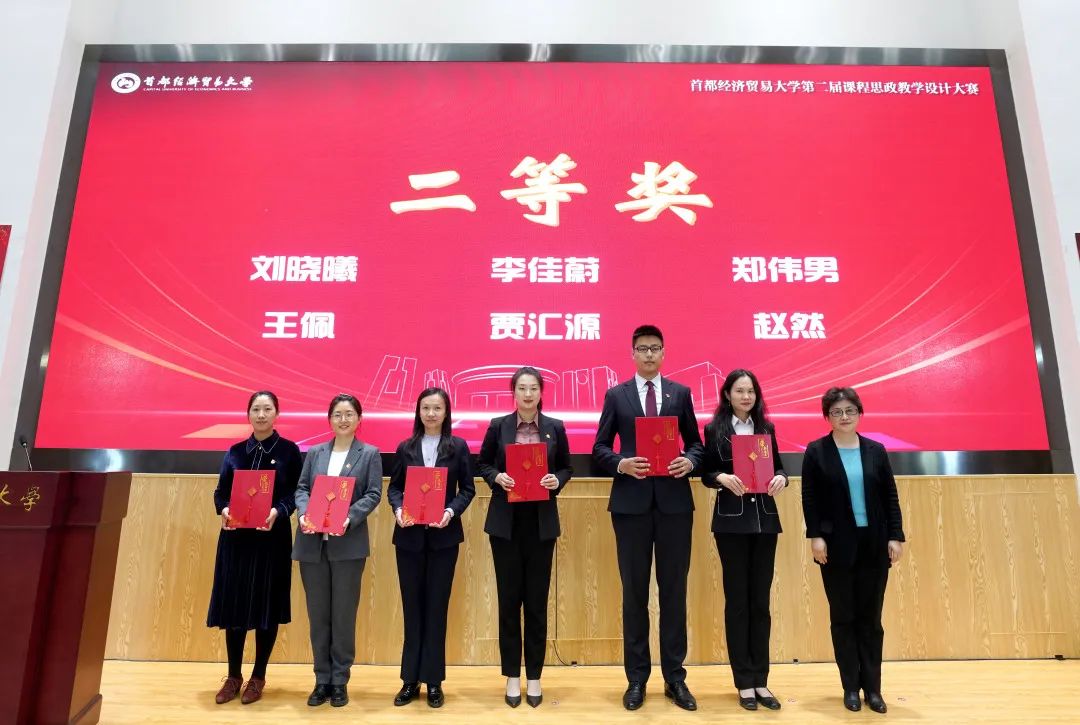
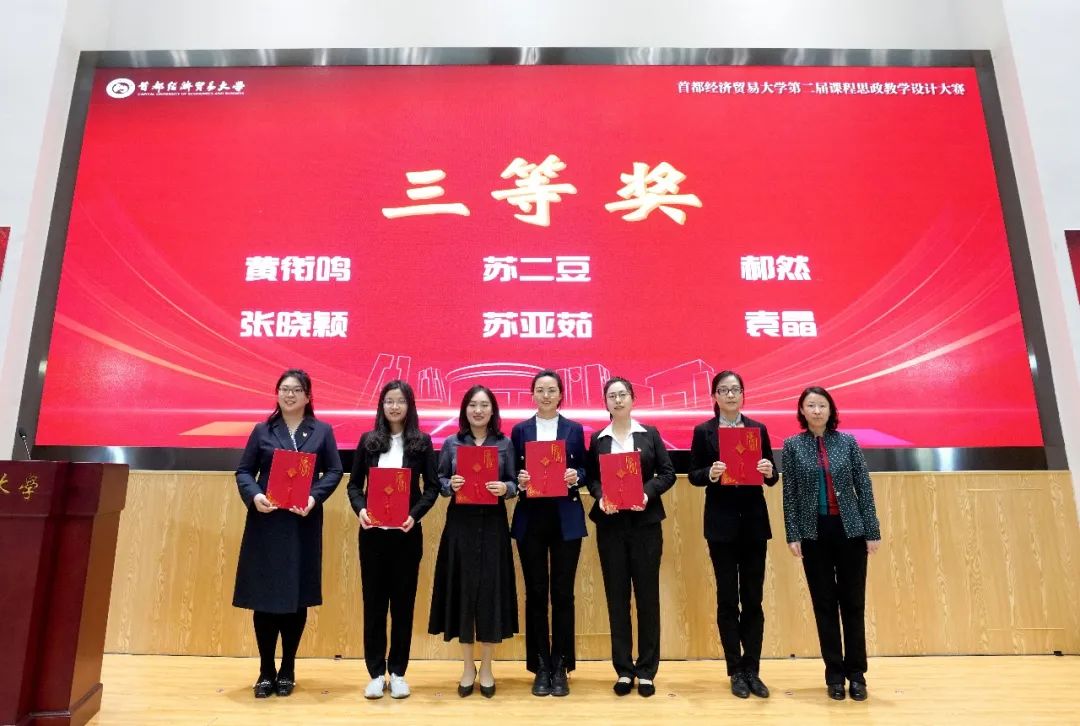
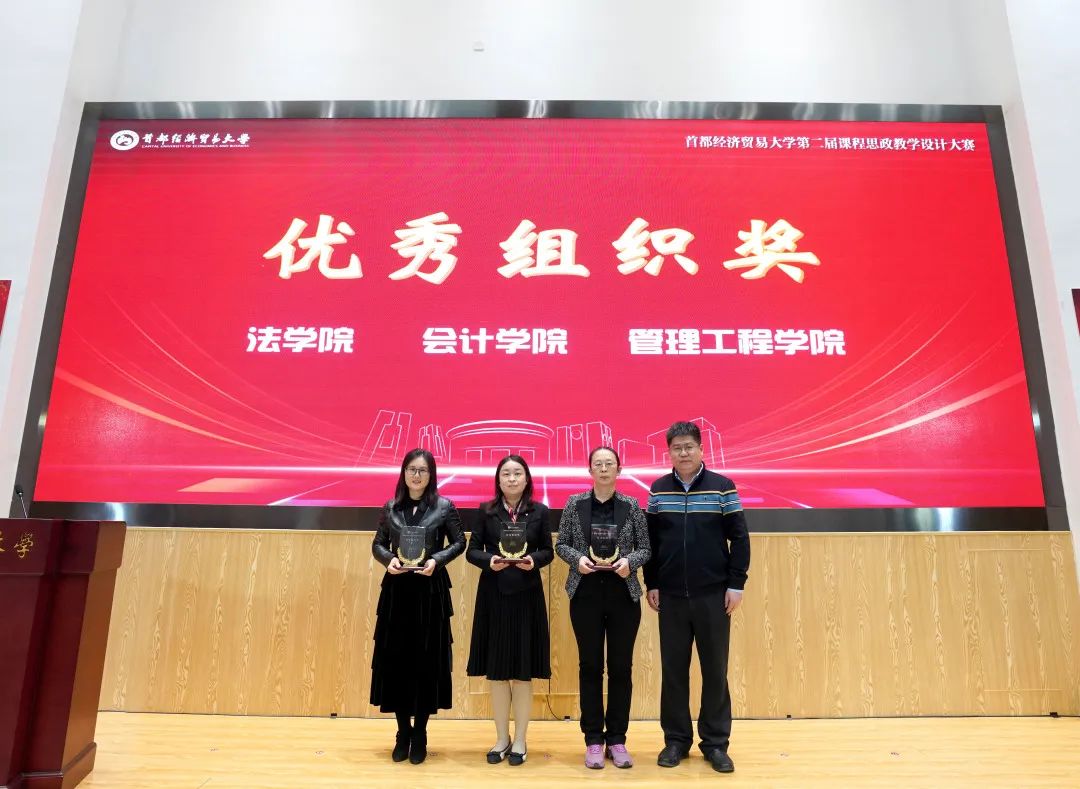
The School of Law, the School of Accounting, and the School of Management Engineering are awarded the “Outstanding Organization Award”. Zhang Tong, director of the Party and Governance Office, presents the awards.
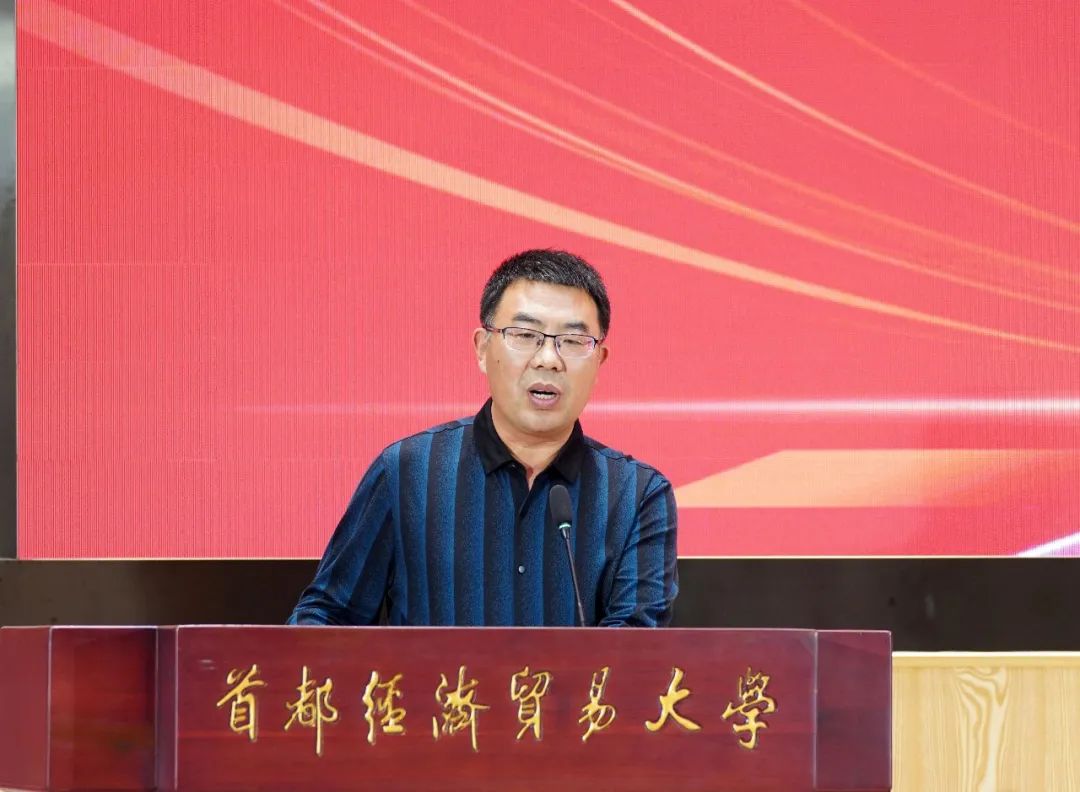
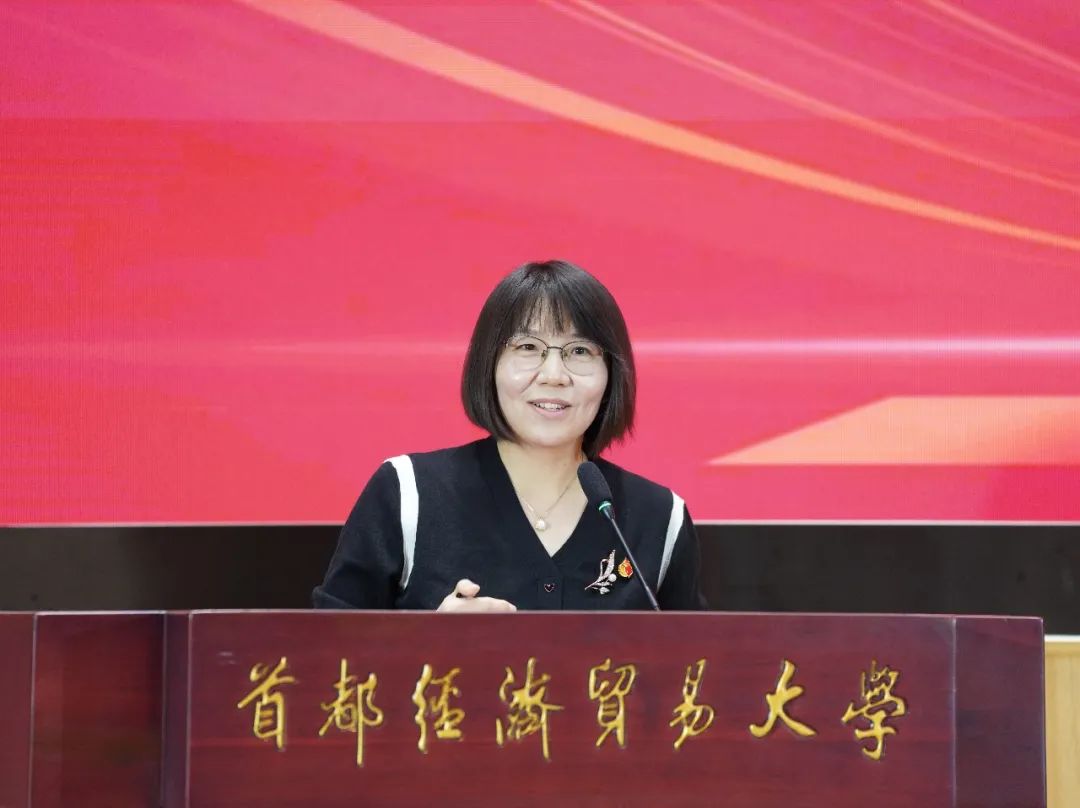
Li Baixing and Zhan Jing give comments on competitors’ excellent performance. Li is a representative of professional judges who won the Municipal Famous Teachers’ Award and serves as the dean of Overseas Chinese College, while Zhan is an associate professor from the School of Labor Economics who was awarded as Famous Young Teachers by Beijing Municipal Education Commission. The judges said that competitors delivered lessons in natural and simple ways that is professional, informative, as well as ideological. The diverse teaching designs during the competition also stood out as a spotlight, making the course more reflective of openness, enlightenment and modern trends. On top of that, the competitors gave full expression to their consciousness and initiative as exemplary roles in classroom teachings with earnest attitude and systematic guidance. It can be said that such a competition is a shining example for other teachers to follow in conducting curriculum-based ideological and political construction in the future.
With clarified objective and exquisite design, the teachers in CUEB turned themselves into a good narrator by integrating ideological and political elements into classroom teaching, such as the Report of the 20th National Congress of CPC, traditional culture and commitment for the country. For example, Li Jiawei, an associate professor from the School of Culture and Communication, has adopted heuristic method of teaching. During the classroom, the students are encouraged to make an analysis of the advertisement performance of “Participation of China Marrow Donor Program”. Li Jiawei also explores new ways to creative thinking of advertising film through real cases. In this way, the students can generate a sense of social responsibility while learning professional knowledge. “Morality founded martial arts and remains the prerequisite of art.” Chen Si, a teacher from the Sports Department, is also an upholder of integrating ideological and political elements into classroom teachings. He showcased the historical development of Chinese sword culture in a vivid manner. Chen Si also succeeded in leading students to gain insight into the cultural value of traditional Chinese marital arts, which is conducive to further inherit and keep alive the sports culture. “It is important to strengthen mutual exchange and mutual learning with the rest of the world. That’s why we set up Center for International Exchanges. Our teaching objective is to foster professionals who are capable of conducting cooperation, sharing different opinions and seeking common ground while shelving differences.” Chen Si added. Xu Tong, a teacher from the Overseas Chinese College, introduced cases concerning China’s space development into teaching objectives and presented an elaborate teaching design.
The competition has found a wide audience in CUEB. Tian Ge, an instructor from the School of Economics who watched the whole competition online, quoted an old saying: Education is not the filling of a vessel, but the kindling of a flame. She felt that tasks still remain and will persist into the future after studying the curriculum-based ideological and political design. Going forward, Tian Ge will strive to embrace the shining points of the competitors and make it her mission to foster virtue through education. Furthermore, she will also incorporate the ideological and political elements into the course of imparting knowledge, with a view to improving the quality of teaching.
Wang Di, director of the office of the School of Foreign Studies, was also active in watching the live stream of the competition, though she does not give lessons. “The excellent performances remind me of campus life when I was a student. I am deeply impressed by the powerful voice, exquisite courseware, and vivid cases as well as the ideological and political elements presented in the lesson. Besides, the strong academic atmosphere in CUEB also touches me.”
“I’m more than delighted to watch the offline competition as both the judge and the student. The excellent teaching performance and vivid lesson demonstration greatly impressed me. Through this competition, not only my mind has been opened, but also my professional knowledge has been enriched as well. It is indeed fruitful”, said Dai Wenhui, one of the postgraduates from the School of Marxism.
Wang Ruochen, an undergraduate from the International School of Economics and Management, said, “teachers from each school all delivered a lesson with different professional characteristics, and I’m extremely happy to be their student since their unique and attractive lessons broaden my horizon and expand my knowledge.”
